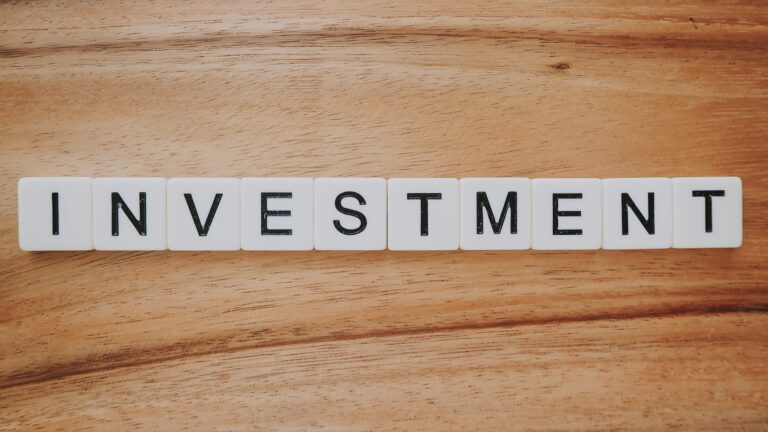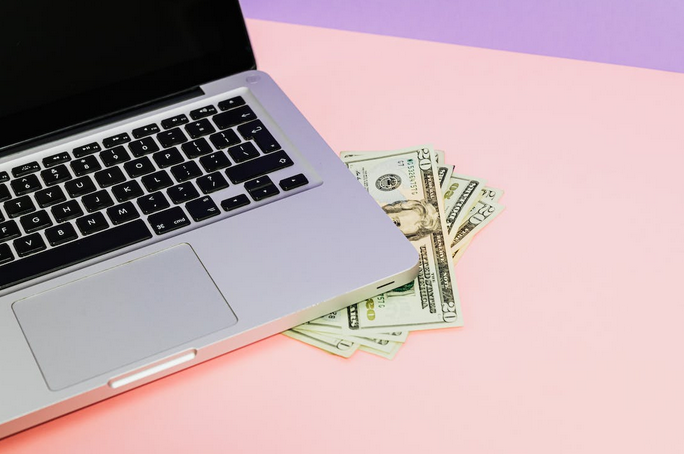Financial freedom is a journey that requires discipline and commitment. For a beginner, you should think about your future savings and investments. You should clear high-interest debts to avoid paying more in the long run.
Self-control will help you manage your finances and achieve your goals. You also need to note your expenses or know where your money goes. The following are personal finance tips for beginners.
Set a Personal Budget
Setting a budget is the first step and goal in your personal financial journey. You have to learn to live on a budget. Do not wait for a low account balance warning for you to track your spending. Calculate the little things such as your coffee budget each month, nail polish, gum, etc.
This will prevent you from purchasing items that you do need. You can try the budget helper available online which teaches all purchases. It is important to note that having a budget does not limit you, it is simply a way of ensuring that you don’t end up blowing your money.
Set Goals
When it comes to spending setting a goal will help you maintain your cost of living. Write down how much you want to save within a specific period of time and when to pay off debts. Use exact numbers to describe your goals.
Plan how to pay the insurance and how much to contribute to a retirement account. When you look at your goals you will be motivated knowing what you will achieve in the end. Financial goals hold someone accountable especially in paying off your debts.
Create a Saving Account
According to financial experts, one should use 20% of your income to save. Having an amount saved will prevent panic in times of emergency. Make a saving contribution to your account after paying your essential expenses and bills. Set aside money that you will be using to save for example tax refund, annual bonus, or tip money. Don’t just save money without having a goal of how to spend it.
Have a savings bucket; the savings might be used for emergency, investment, vacation, shopping, or retirement. Pay yourself first so that you don’t withdraw the savings for your personal use. Your savings should be in a separate account either in a different bank or the same bank.

Pay Off Your Debts
Plan to pay off your debts starting with the ones with high interest to avoid building up interest over time. Consult your loan providers on the interest and make a payment plan.
Make the payments as soon as possible to maintain your credit score. Credit cards have a high interest of between 15-25% in a year. Check the interest rates to know which debt you should focus on first.











+ There are no comments
Add yours